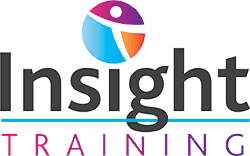Allied Health Courses
Advance your career with our wide range of allied health courses. Gain expertise in medical assisting, phlebotomy, radiology, and more. Learn from experienced professionals and prepare for a rewarding career in healthcare. Start your journey to becoming an allied health expert today!





